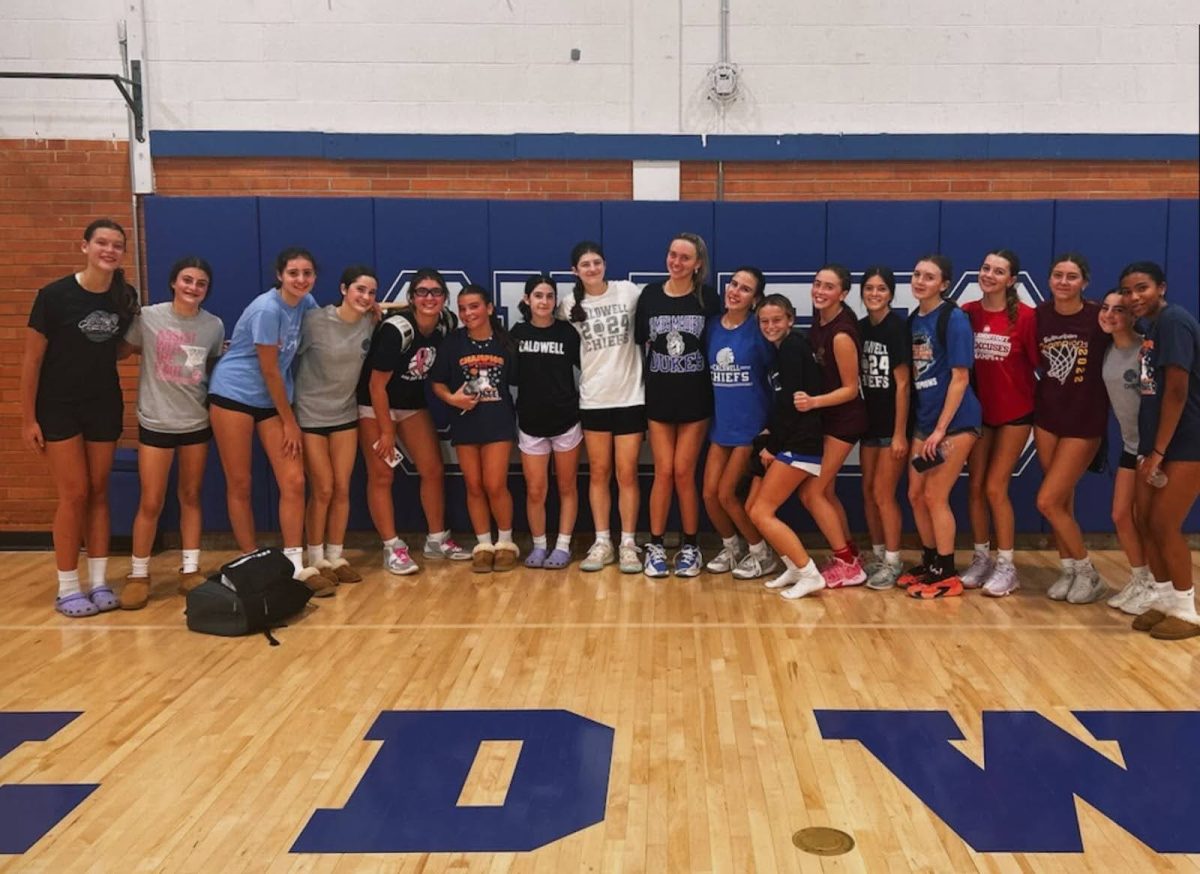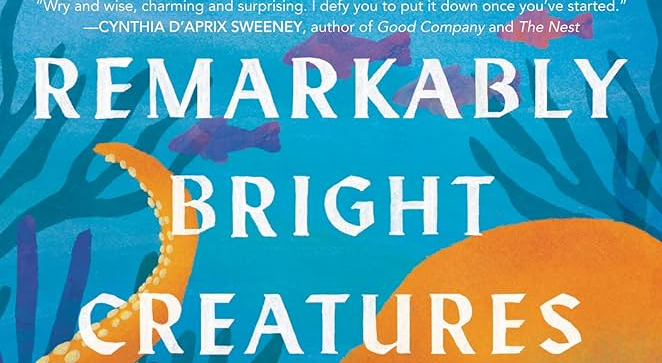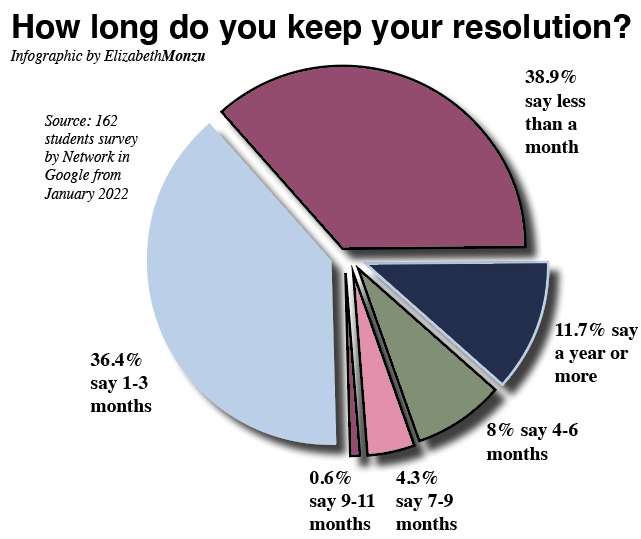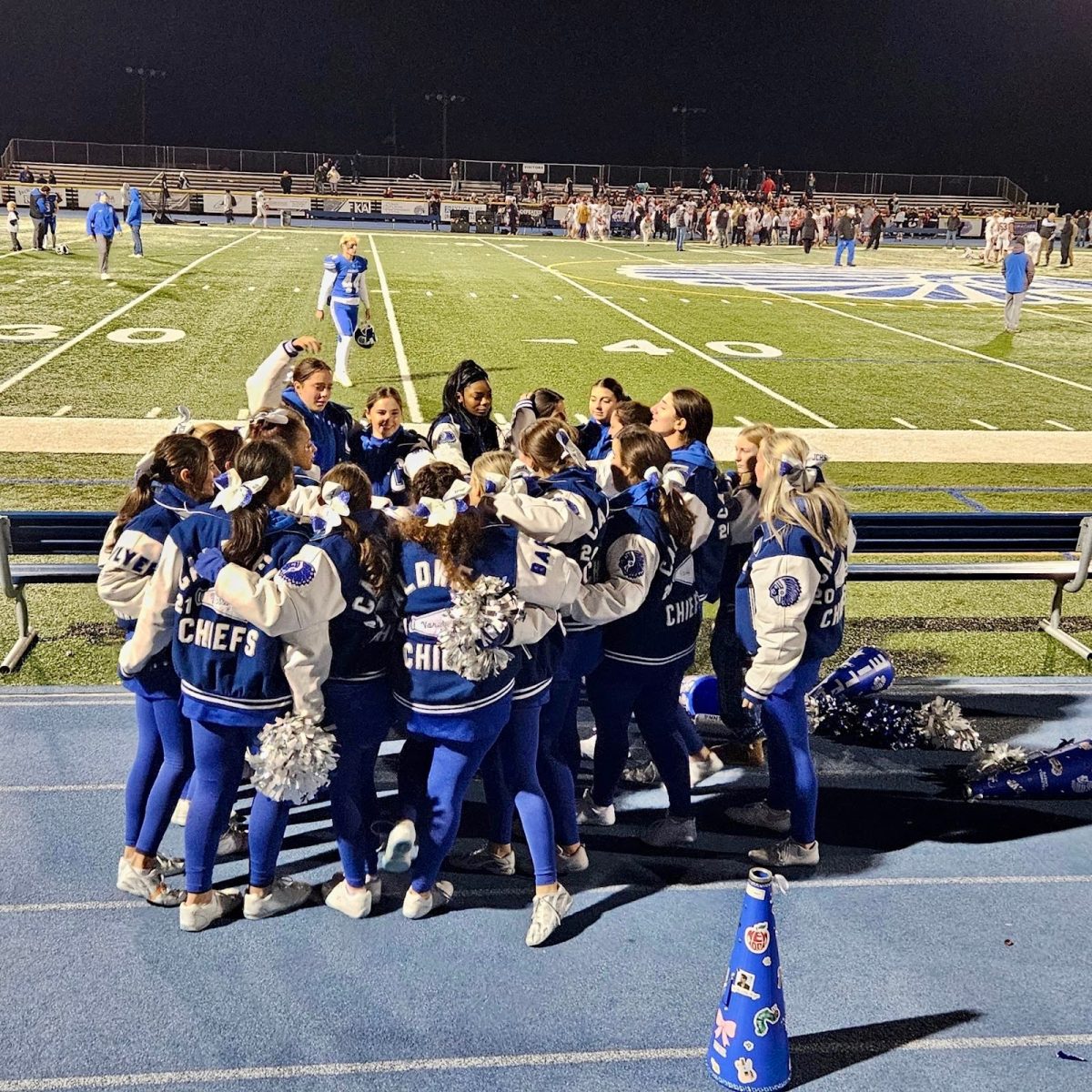Alex: Over my high school career, I have taken eleven AP classes and twelve AP tests. My experience has ranged from highly intellectually stimulating to easygoing. While I walked out of every AP class with new knowledge, what I took away from them differed: in some, I discovered a career path I wanted to pursue, in others my academic weaknesses. As I review the AP classes I have taken, I hope that my reviews will provide some insight into the nature of the class and who would be best suited to take said class. However, please take my reviews in the context of the reviewer. What may or may not have suited me may be the perfect fit for you! I will review my AP classes with four criteria: practicality, intellectual stimulation, workload, and format of instruction. The last criteria, format of instruction, is not based on teachers but on how material in the subject material is taught by the AP (e.x. AP Classroom tools) and the subject itself. Without further ado, here is my rating for the eleven AP classes and the additional AP test I have taken.
Jordan: During my high school experience, I opted to take many of the AP classes offered at JCHS to enhance my education and prepare me for the rigorous courses I would find in a college environment. While some of the classes were different from what I expected, I enjoyed all of them and highly recommend taking these courses to anyone looking to challenge themselves. Many AP teachers have different techniques, but the main goal of these classes is to prepare students for a cumulative exam in May. Due to the test-oriented nature of these classes, a strict schedule must be followed and students often do not have the flexibility to explore areas of interest that are not heavily tested. Despite this limitation, these courses delve deep into the material and move at a fast pace to keep students on track for the final test. By the time I graduate, I will have taken 10 AP classes and 11 total exams. Here are my honest thoughts on these courses and my suggestions to create a balanced course load.
Sophomore Year:
Alex:
- AP Computer Science Principles
Rating:
This is a great introductory course to computer science that covers areas of computer science spanning from cybersecurity to encryption to coding. I appreciated the fact that Mr. Antonucci actually taught us how to code (C++) because the actual course only teaches students how to read pseudocode, which is why I deducted a point for credibility (though, just to reiterate, in JCHS the course does teach coding). Personally, I’m not a computer science person. If you love problem solving and digging deep into logic problems, this would be a great class for you. Note: the AP test is very concept-heavy and not all colleges accept credits from this course.
Jordan:
- AP Computer Science Principles
Rating:
I would highly recommend this course to all students because it provides a great overview to computer programming. Mr. Antonucci brings his expertise to this project-oriented course, where students apply concepts they learn to coding projects they create with C++. Students have an additional week outside of class to finish their assignments or come for extra help, which is super helpful for the more technical concepts that are covered later in the year. Even though I usually finished my work in class, Mr. Antonucci clearly displays his availability for students who need extra help and provides support to all students, whether they are coding for the first time or already have some familiarity with programming. - AP US History I
Rating:
This segment of the two-year course provides students with a deep understanding of the early settlement of the United States, the American Revolutionary War, and the American Civil War, as well as other significant events in between. It is clear that Mr. McLaughlin’s excitement about the topic rubs off on his students, as he helps students improve their document analysis skills and think critically about why historical events occurred in the context of the time period. Mr. McLaughlin encourages students to take risks and his teaching prepared me for the second half of the course with Ms. Hollman.
Junior Year:
Alex:
- AP Chemistry
Rating:
If you are hoping to enter a career in chemistry or a related field, this deserves a 5/5. AP Chemistry is a great class for those who are able to retain a large amount of unrelated information, with many concepts and units being almost independent of one another. The breadth of topics is why I gave it a high score in intellectual stimulation, but it also means you must carry lots of information at a time, hence the lower workload score. The AP videos, while sometimes tedious, are good reinforcement of the content. Those seeking to challenge themselves in a STEM field would love this class! In addition, many colleges take 4s and 5s in this test for credit.
Jordan:
- AP Chemistry
Rating:
Although this class was super interesting, the content itself was more difficult than I expected. Dr. Brinkman uses labs to reinforce advanced topics like acids and bases, chemical reactions, and thermodynamics. One experiment I really enjoyed was a titration lab, where groups competed to try to get their mixture to be the lightest shade of pink with the chemical indicator phenolphthalein. Dr. Brinkman helped us prepare for the exam by including past AP exam questions on our unit tests, which helped me become comfortable with the format of the test. He is always available for extra help in the morning, which I took advantage of frequently as we discussed more complicated topics in class.
Alex:
- AP Chinese Language (test only)
Rating:
Not many comments. I took this test as a home speaker and found the test to be very easy. Taking an AP test in another language is a great way to waive out of the language requirement in many colleges. - AP Computer Science A
Rating:
Similar to the AP Computer Science Principles course but very different in important areas. AP Computer Science A teaches students Java and previous computer science coursework is a requirement. I personally enjoyed coding in Java more than in C++, though probably this was just because we explored more advanced topics. Project-based lessons were a lot of fun but you have to make sure you have a solid understanding of the concepts behind the code to succeed in the exam.
Jordan:
- AP Computer Science A
Rating:
This was one of my favorite courses at JCHS. Also taught by Mr. Antonucci, this class uses Java to cover more advanced topics like object-oriented programming. Since a computer science class is required as a prerequisite, students are already familiar with coding and are able to take advantage of everything they have learned. I really appreciated projects where we collaborated with other students because I saw how other students approached them with code. This class solidified my desire to pursue computer science at the college level and I always looked forward to the next project Mr. Antonucci had in store for us.
Alex:
- AP English Language and Composition
Rating:
I’ve never been the strongest English student and AP Lang, as it is commonly referred to, was not a walk in the park for me. As someone who is best at research writing, I loved the research paper but struggled to grasp how to write an effective rhetorical analysis or synthesis essay. I also struggled with timed writings and still don’t feel particularly strong about my writing skills. Overall, I still recommend this class and I do believe that those who are better at English will have a better experience than I did.
Jordan:
- AP English Language
Rating:
This was one of the hardest AP classes I took. Ms. Callaghan challenges students to look at successful authors and apply the rhetorical strategies used to their own writing. This course requires students to read complex texts that deal with political and social issues. Students are exposed to perspectives different from their own, forcing them to think critically about their own views on these societal problems. I would recommend this course to students who truly enjoy reading and writing because this course requires a lot of it. Students also learn how to write effective rhetorical analysis, synthesis, and argumentative essays.
Alex:
- AP Statistics
Rating:
I loved this class! AP Statistics is very practical and teaches you how to think like a statistician. While I found the AP formatting to answer tedious, it’s simply a part of the course (hence minus some points in practicality and format of instructions by no fault of JCHS). Since AP Statistics course requires such strict formatting, lots of writing and repetition is needed to practice. The workload for this course was on the higher end of my STEM classes.
Jordan:
- AP Statistics
Rating:
When I initially signed up for this course, I did not expect there to be so much writing. However, Ms. McKay does an amazing job of navigating students through the field of statistics and the key principles used in the field. Her organized approach involves guided note packets that prepare students for her tests and ultimately the final exam. Her teaching style helped me easily follow along and gain a true appreciation for everything statistics can be used for. One of my favorite parts of this class was the final project after the AP test, where students designed their own statistical experiment and presented it to the class.
Alex:
- AP US History
Rating:
This was perhaps my most challenging but rewarding class. While perhaps not teaching the most employable (in the short-term) of subjects, I truly enjoyed learning about our country’s history. Reading selections were always interesting and I came out of the class more confident in my analytical skills and ability to reason. There was a heavy workload, but the majority of assignments had a clear purpose. I did not like the format of the AP test. In particular, I did not find the DBQ format to be conducive to arguing a point effectively; I felt like I was in a constant race to patch together and squeeze as many sources as I could in one piece of (usually jumbled) writing.
Jordan:
- AP US History
Rating:
This class builds on the foundation that students gain during APUSH I, covering topics from the Gilded Age to the Great Depression to the Cold War. Although Ms. Hollman’s approach is different from Mr. McLaughlin’s, she offers a fresh perspective on American history with her methodical approach to the subject. She assigns short readings to help students become more comfortable with primary sources, an essential skill for success on the AP exam. Be prepared to actively participate to do well in her class and review your notes before reading is due because there is often a short quiz associated with it.
Senior Year:
Alex:
- AP Calculus AB
Rating:
While I haven’t finished any of my senior year classes yet, I can confidently say that I enjoy AP Calculus. For your information, the class is faster paced than any math class at JCHS and requires you to constantly acquire new knowledge (and with senioritis this can be quite demanding), hence the low workload score. However, I love mathematics and this class has everything my fellow math-lovers will enjoy. Highly practical and highly recommended!
Jordan:
- AP Calculus AB
Rating:
Although this class has been taught by Ms. McKay for many years, Ms. DeSantis is teaching AP Calculus this year. I really enjoy how technology is integrated into the lessons. Ms. DeSantis skillfully uses her Promethean board with her iPad and Apple Pencil to put the class notes on the screen and upload a digital copy on Google Classroom. She is highly knowledgeable and clearly explains the advanced topics, which would be even more difficult to understand without her help. All of her tests closely follow the class notes, so make sure you do the homework so you’re prepared!
Alex:
- AP English Literature and Composition
Rating:
Like APUSH, this class may not be the most practical but it is very interesting! I love how discussion-based our classes are and our selection of texts is very interesting. However, it does have a decent amount of work. I gave it a higher score for practicality than AP Lang because most colleges accept credit for this class while some do not accept AP Lang credit (in my experience). Again, I don’t believe the writing format on the AP test is truly conducive to learning to be a better reader of literature, but I think the way the class is taught makes the biggest difference (JCHS does a great job). - AP Human Geography
Rating:
A very interesting class that will expose you to subjects that you will probably not encounter in any other class at JCHS. The workload is very manageable but I deducted points for the format of instruction because of how the AP curriculum ties every corner of the curriculum together, which made it difficult for me to compartmentalize and strategize my information intake. Some colleges do not take credit for this class, so I would advise checking beforehand. A more systems-based learner would be a great Human Geography student! - AP Physics C: Mechanics
Rating:
I think that this class is almost essential for any student looking to go into engineering and other STEM fields. It is likely your first true exposure to physics and will give you an important sense of whether a physics-based field is right for you. Learning physics challenges you to think in new ways; my only regret is that I didn’t take it earlier. - AP US Government and Politics
Rating:
A great course that I recommend to everyone! Interesting material, relaxed pacing (because it’s often taught as a half-year in other districts), and taught in an organized fashion. I took points off for practicality because some schools don’t accept credits for this and it’s not directly applicable to most fields (unless, of course, you are going into political science). I think this is an amazing class and you should definitely take it, even if you aren’t a humanities person (I am not either)!
Jordan:
- AP Spanish Language
Rating:
This clase is available to seniors who want to experience the language at the college level. Sra. Coogan-Russell incorporates elements of Hispanic culture to reinforce topics and teaches the advanced grammatical topics needed to communicate like a native speaker. She uses authentic resources to help students improve their vocabulary and feel more comfortable speaking about a variety of topics. One of my favorite memories was our class field trip to the Met Museum in New York, which gave us the perfect opportunity to learn more about art in Spain and Latin America by seeing these paintings up close. - AP Spanish Literature (test only)
Rating:
Although this class is not offered at our school, I have been self-studying for the exam and will be taking it in two weeks. I have enjoyed reading about the settlement of Latin America from Hernán Cortes himself and being exposed to modern Hispanic literary works. This class required a lot more work than I anticipated because I needed to read dozens of texts in order to be prepared for the test, which is a time-consuming task. However, it was valuable to read poetry and novellas in Spanish because I gained a greater appreciation for the beauty of the Spanish language and the techniques used in its literature. - AP European History
Rating:
This class was everything I hoped for. Ms. Luberto does an amazing job of covering all the important events in Europe and working with students to focus on the events they are most interested in. Even though we are on a tight schedule preparing for the upcoming test, she manages to discuss the vast continent in great detail. As someone with European ancestry, it is incredibly interesting to imagine what life might have been like for my ancestors within the context of the events unfolding at the time. This is a great senior year course because it builds on the document skills learned in APUSH and the writing skills from AP Lang. - AP Environmental Science
Rating:
Due to a scheduling conflict, I ended up taking APES instead of AP Physics, and I wasn’t disappointed! We frequently apply what we learn in labs and I always look forward to hearing what Ms. Schecter has to say about environmental issues in the news. She relies on the tools found on AP Classroom to reinforce what she teaches in class, which is super helpful for reviewing and making sure I have a full understanding of the topic. She has a genuine passion for the Earth, which is clear by the care she puts into creating engaging labs that correspond with the curriculum provided by College Board.






























